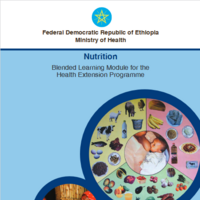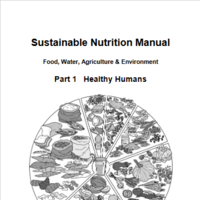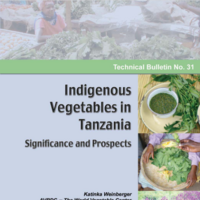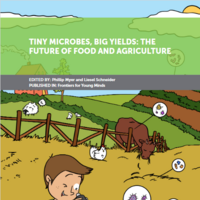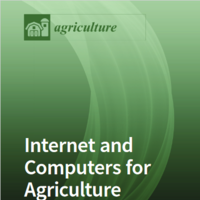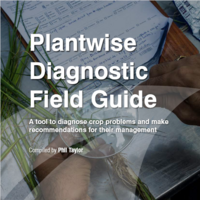Search
Books+
Searching 1,730 books
Search related to the career Nutritionist
Latest Nutrition Research Findings:
1. Plant-based diets: Several studies have shown that adopting a plant-based diet can have numerous health benefits, including reduced risk of heart disease, diabetes, and certain types of cancer. Plant-based diets are also associated with lower body weight and improved overall well-being.
2. Gut microbiome: Research on the gut microbiome has revealed its crucial role in maintaining overall health. A diverse and balanced gut microbiome is linked to better digestion, enhanced immune function, and reduced risk of chronic diseases. Consuming a variety of fiber-rich foods and fermented foods can promote a healthy gut microbiome.
3. Intermittent fasting: Intermittent fasting has gained popularity as a weight loss strategy, but research suggests it may have additional health benefits. Studies indicate that intermittent fasting can improve insulin sensitivity, promote cellular repair, and potentially extend lifespan. However, further research is needed to fully understand its long-term effects.
4. Omega-3 fatty acids: Omega-3 fatty acids, particularly those found in fatty fish like salmon and sardines, have been extensively studied for their health benefits. Research suggests that omega-3 fatty acids can reduce inflammation, improve heart health, support brain function, and potentially reduce the risk of certain mental health disorders.
5. Probiotics and prebiotics: Probiotics are beneficial bacteria that can improve gut health when consumed, while prebiotics are fibers that nourish these bacteria. Recent studies have shown that probiotics and prebiotics can help alleviate digestive disorders, enhance immune function, and even improve mental health.
6. Processed foods and health: Research continues to highlight the negative health effects of consuming highly processed foods. These foods are often high in added sugars, unhealthy fats, and artificial additives, which have been linked to obesity, heart disease, and other chronic conditions. Opting for whole, unprocessed foods is recommended for better health outcomes.
7. Personalized nutrition: Advances in technology have paved the way for personalized nutrition approaches. Genetic testing and analysis of individual responses to different foods can help tailor dietary recommendations to an individual's specific needs. Personalized nutrition has the potential to optimize health outcomes and prevent diet-related diseases.
8. Sugar consumption: Excessive sugar consumption has been linked to various health issues, including obesity, type 2 diabetes, and dental problems. Recent research emphasizes the importance of reducing added sugar intake and highlights the potential benefits of sugar substitutes or natural sweeteners.
It is important to note that nutrition research is an evolving field, and new findings emerge regularly. It is advisable to consult with healthcare professionals or registered dietitians for personalized advice based on the latest research.
Source: Various AI tools
Research
Books tagged research
Nutrition
Covid-19
Economics
Books tagged economics
Sustainable development
Books tagged sustainable development
Science
Health
Books tagged health
Searched in English.
